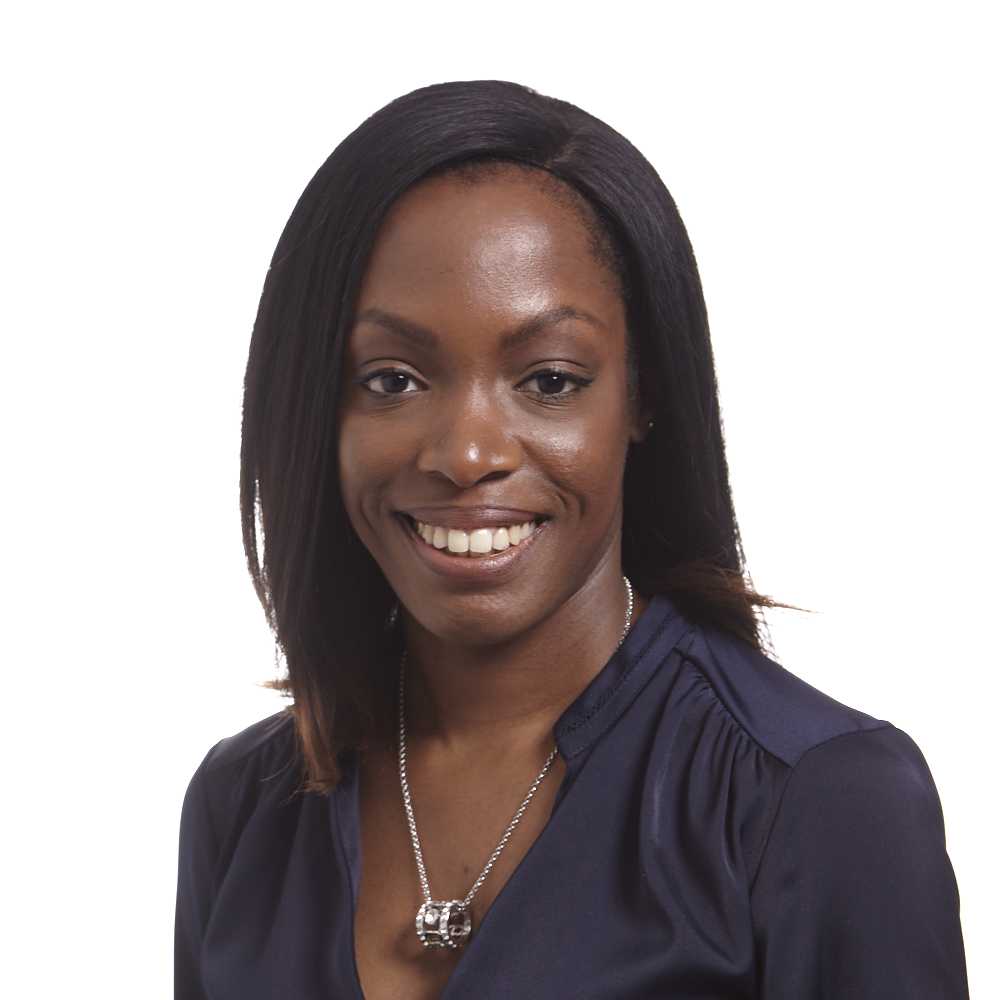Opinion
Jennifer N. Udeh: The African academic community has a problem with women

There are challenges within academic research in sub-Saharan Africa – its lack of women in senior positions. While the marginalisation of women isn’t a new story, academia should be setting the bar.
Many universities require you to have a Ph.D. in order to teach. This is unachievable for many when PhDs are expensive and there are limited options to study and work part-time. With limited job opportunities on the continent, it’s almost impossible to leave a job to study once you have one. This is causing a shortage of academics across the continent, but it is disproportionately affecting women.
Culturally, women are expected to get married and take care of children rather than pursue a career. With a lack of female role models, it’s difficult for women to break into the academic sector or progress in their career. As a female academic myself I know how hard this can be. I know I’m in a somewhat privileged position; I was able to secure and successfully complete a Doctorate of Engineering and I was given the opportunity to develop and lead an undergraduate course at the University of Warwick. I want other women across sub-Saharan Africa to be able to achieve their goals too.
That’s why this year I have been grateful to work with a consortium of partners, including the African Association of Universities (AAU) and the National Council of Tertiary Education, to lead a study on higher education faculty in Ghana. We found there are just 8 female lecturers in public universities across the whole of the country. This, coupled with the country’s requirement of 5 x the current number of professors to meet its booming student population, shows the need for more female leaders is urgent. In Nigeria, the situation is similar, with only 17% of principle officers at universities being female.
I am conducting further research on this topic alongside aspiring female leaders across the African continent. I held initial focus groups with female professors in South Africa and Ghana; and have met many female academics from across the continent at the International Conference for Women in Leadership Positions in Higher Education in Nigeria.
It has been an honour to meet inspirational women such as Professor Mamokgethi Phakeng, one of the first black female chancellors on the African continent. One of the things I heard time and time again from the women I met is the need for a women’s networks, mentoring and attitudinal changes. In sub-Saharan Africa, women in higher education want role models who understand their contexts and have or are overcoming the barriers to leadership positions.
Throughout my own academic and professional career, mentoring, sponsorship, a commitment to personal development and some courage gave me the confidence to step forward and speak up. Mentoring and networks can provide advice and training to improve both soft and technical skills. Soft skills like resilience, confidence, coping with leadership positions and how to migrate in your career. Technical skills women want to develop are skills like research writing, presenting, accessing funding and ensuring your work is visible.
At ESSA we recently launched the African Evidence Research Database which profiles African-led research. One of the ambitions for this platform is for it to promote more female academics so they can gain funding and exposure. We are also building a database which will match scholarship providers with those looking for academic scholarships and funding in sub-Saharan Africa.
We must not stop there. Interventions must also focus on solving the root causes of the barriers and policies must be implemented and work for women. Childcare must be factored into company policy and viewed as a phase both men and women are likely to go through during their working lives.
Women and Men alike must be considered ‘partners in progress’. My own PhD mentor was a male academic who encouraged and supported me to lead. Male academics and leaders can also offer valuable mentoring and skills training to Women too.
Moving forward, we’re on the lookout for a corporate partner to establish a women’s network that brings together the business and academic worlds. Our aim is to address the unique challenges women face on the continent and ensure women are sufficiently represented in leadership positions.
__________________________________________
Dr Jennifer N. Udeh is the Programmes Manager at Education Sub Saharan Africa (ESSA) and a course leader and lecturer in Project Management and Leadership at WMG, University of Warwick. She has lived and worked in both Nigeria and the UK.






